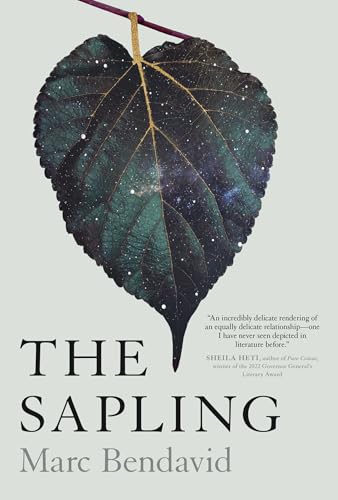This autobiographical novel of an unsettling and intense relationship between a young boy and his much older teacher, Klara, riveted me. Marc is looking back and trying to make sense of his experiences in this relationship. While the relationship was intense and had a lot of shared intimacy, it was not sexual. But there was definitely a secretive aspect to it that made me, the reader, feel creeped out and waiting for it to cross the line into the sexual. While many, if not most, readers today would consider it crossed a line, the fact that it remained nonsexual is part of what I found really intriguing as it raised a lot of questions.
Having had my own experience of mentoring that later turned into friendship (when I was a young adult) with a middle school music teacher, this can be a very meaningful experience. Later, as a university professor I reflected constantly on the appropriate ways to mentor students, especially those from marginalized groups, for whom mentors are often an important factor. Now, I know this isn’t what was happening in this book, but it’s part of the reason I found the tensions and boundaries to be so rich in this book. Marc’s relationship with Klara was powerfully impactful in his future life direction, but I kept feeling it was too intense and took up too much space in his life, because of his age at the time. We don’t know how he will assess the relationship after having written about it. Did it give him the lifeline he needed to make future life choices or was it too much of an obsession for a child that marked him for the rest of his years in an undue way?
This brings me then to the question of what is love. Klara seemed to feed a need of young Marc’s soul that wasn’t being met elsewhere. But we keep banging up against the question of whether it was ok… This kind of love doesn’t really have a name in English. And while power had a huge role, doesn’t it often play a big role in love?
Finally, the theme of grief was beautifully and powerfully expressed.
Bendavid is a gorgeous writer and I just want to read more of anything he writes. I’m hoping that having gotten this book out, he has more in him. It was one of my favourite books of the last few years.

